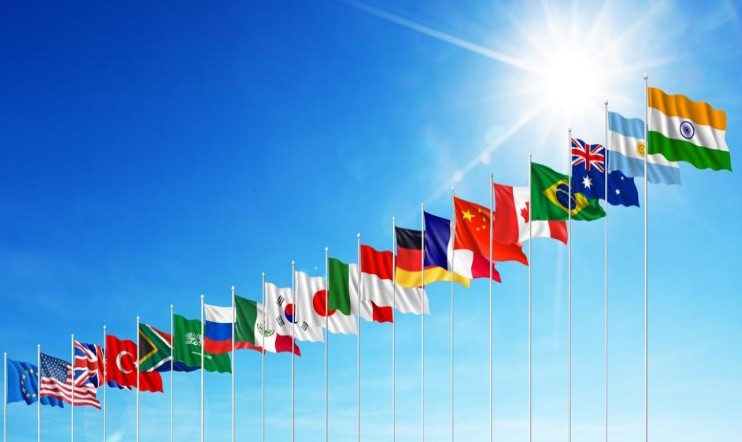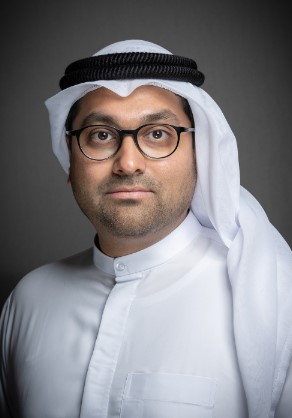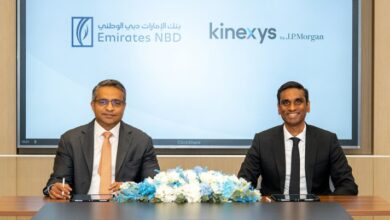UAE Showcases Commitment to Digital Transformation Through Participation in G20 Digital Economy Working Group

Saqr Binghalib, who serves as the Executive Director of the Office of Artificial Intelligence, Digital Economy, and Remote Work Applications in the UAE Government, emphasized that the UAE is committed to staying at the forefront of digital technology by investing in digital skills and implementing artificial intelligence across various sectors.
Binghalib made these remarks while representing the UAE Government’s Artificial Intelligence, Digital Economy, and Remote Work Applications Office at the first meeting of the G20’s Digital Economy Working Group.
As a guest country, the UAE participated in work-groups held in Lucknow City Presidency of the Republic of India.
During the meeting, attendees discussed the importance of sharing knowledge and experiences among G20 countries to enhance digital transformation and utilize digital technologies in priority areas, with the ultimate goal of achieving optimal digital infrastructure.

Saqr Binghalib highlighted the UAE government’s use of modern technology to seek out opportunities and innovative solutions for critical challenges. He emphasized the UAE’s achievements in e-government development, having secured first place regionally and 13th globally in the e-government development index in 2022. This success is a result of ongoing efforts to enhance the country’s digital infrastructure and continue its development process.
Binghalib also mentioned the UAE’s experiences with digital transformation initiatives, such as the Emirates Digital Wallet (EDW), eSignature and digital certification, and UAE Pass.
These initiatives have provided secure access to various government and private applications and websites, benefitting over 6,000 services from more than 130 federal, local government entities, semi-government entities, and private corporations.
Regarding artificial intelligence, Binghalib highlighted the UAE’s leadership vision of empowering digital skills to maintain its global position as a pioneer in exploring and utilizing AI.
He cited the participation of more than 22,000 people in the UAE AI Camp and CodersHQ, which has trained over 400 government employees, decision-makers, and experts in AI technologies.
According to Saqr Binghalib, the UAE aims to enhance the capabilities of digital workforce, providing a digital environment to create smart solutions and support the digital economy. Binghalib highlighted the Digital School initiative as an example of spreading knowledge and education, which has reached seven countries and provided education to over 40,000 students leveraging the experiences of over 1,000 teachers.
Binghalib also mentioned other initiatives that have had a significant impact globally, such as the One Million Arab Coders and the launch of the National Qualifications Authority that aims to develop talent qualifications and promote them to international standards.
These initiatives aim to support the changing workforce market requirements and build a promising generation capable of leading the digital economy’s best future.
Moreover, the UAE Artificial Intelligence Office demonstrated the objectives achieved under the Emirates Blockchain Strategy 2021 and the UAE National Strategy for Artificial Intelligence 2031, which aim to enhance the country’s leadership in AI and digital skills.
The AI Office has launched various national programmes, such as the Mohammed bin Zayed University of Artificial Intelligence and AI labs at different universities.
The AI Office also mentioned the upcoming launch of the Indian Institutes of Technology in the UAE, enhancing the focus on NLP research and nurturing talent to build the best digital future for the next generation.
Furthermore, the AI Office showcased the objectives of the UAE Digital Economy strategy, launched in 2022, with the aim of doubling the contribution of the digital economy to GDP to 20 percent in the next ten years.




